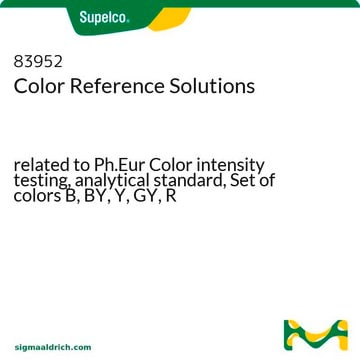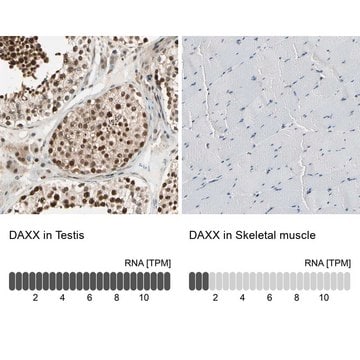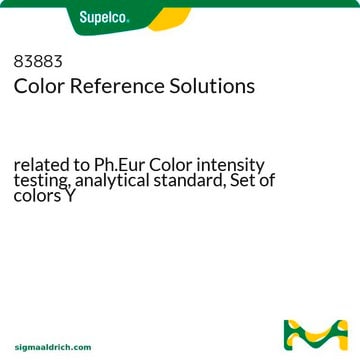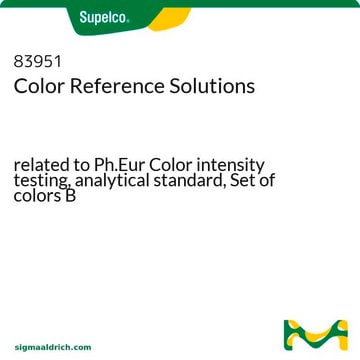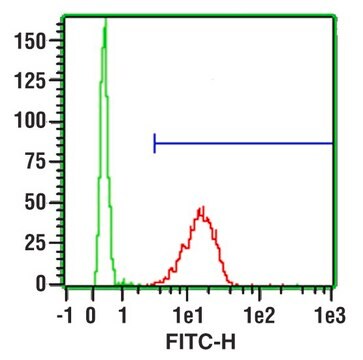CBL1512Z
Anti-Integrin αM [CD11b] Antibody, clone OX-42
clone OX-42, Chemicon®, from mouse
Synonym(s):
CD11b
About This Item
Recommended Products
biological source
mouse
Quality Level
antibody form
affinity purified immunoglobulin
antibody product type
primary antibodies
clone
OX-42, monoclonal
species reactivity
rat
manufacturer/tradename
Chemicon®
technique(s)
flow cytometry: suitable
immunohistochemistry: suitable (paraffin)
immunoprecipitation (IP): suitable
isotype
IgG2a
NCBI accession no.
UniProt accession no.
shipped in
dry ice
target post-translational modification
unmodified
Gene Information
rat ... Itgam(25021)
Related Categories
Specificity
Immunogen
Application
Immunohistochemical studies of rat fresh frozen tissue sections and paraffin-embedded tissue sections following either periodate-lysine-paraformaldehyde (PLP) fixation, or acetone. Works on very lightly PFA fixed, frozen tissues. (perfusion only 4% PFA 10-15′ no post-fix).
Immunoprecipitation: use rabbit anti-mouse or anti-mouse IgG bead for capture only. The use of protein A or protein G is not recommended.
Optimal working dilutions must be determined by the end user.
Cell Structure
Integrins
Linkage
Physical form
Storage and Stability
Other Notes
Legal Information
Disclaimer
Not finding the right product?
Try our Product Selector Tool.
Storage Class Code
12 - Non Combustible Liquids
WGK
WGK 2
Flash Point(F)
Not applicable
Flash Point(C)
Not applicable
Certificates of Analysis (COA)
Search for Certificates of Analysis (COA) by entering the products Lot/Batch Number. Lot and Batch Numbers can be found on a product’s label following the words ‘Lot’ or ‘Batch’.
Already Own This Product?
Find documentation for the products that you have recently purchased in the Document Library.
Our team of scientists has experience in all areas of research including Life Science, Material Science, Chemical Synthesis, Chromatography, Analytical and many others.
Contact Technical Service